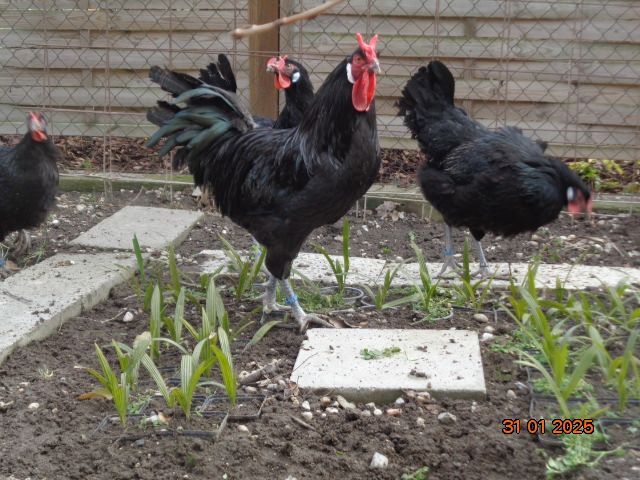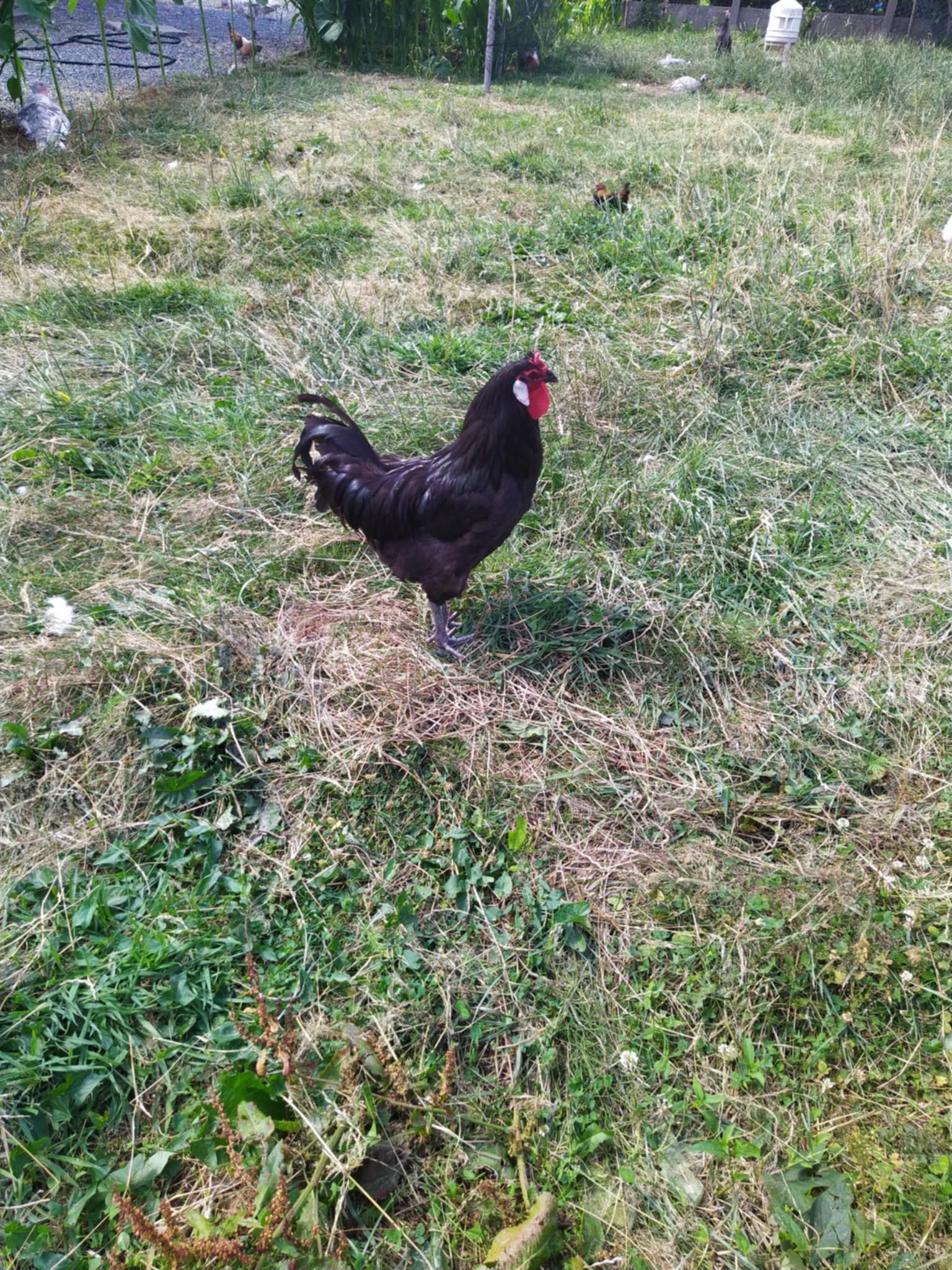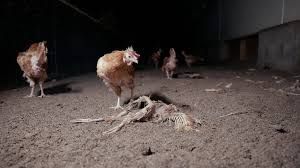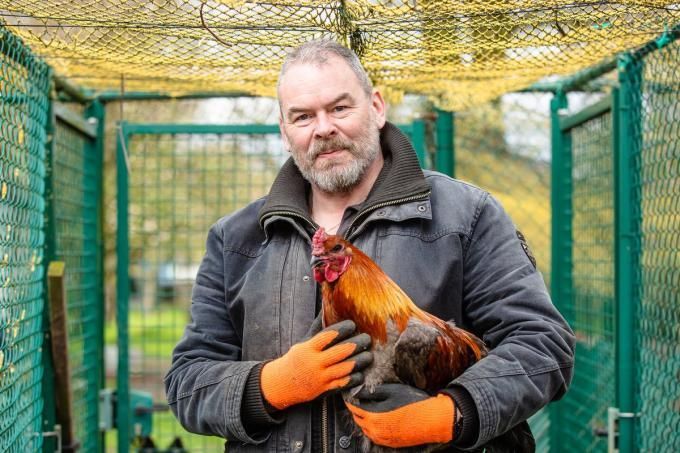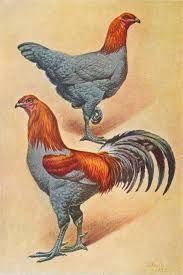The Importance of Vaccinating Pigeons
Healthy pigeons are the foundation of any success. Vaccination is an essential step to protect your pigeons from dangerous diseases.
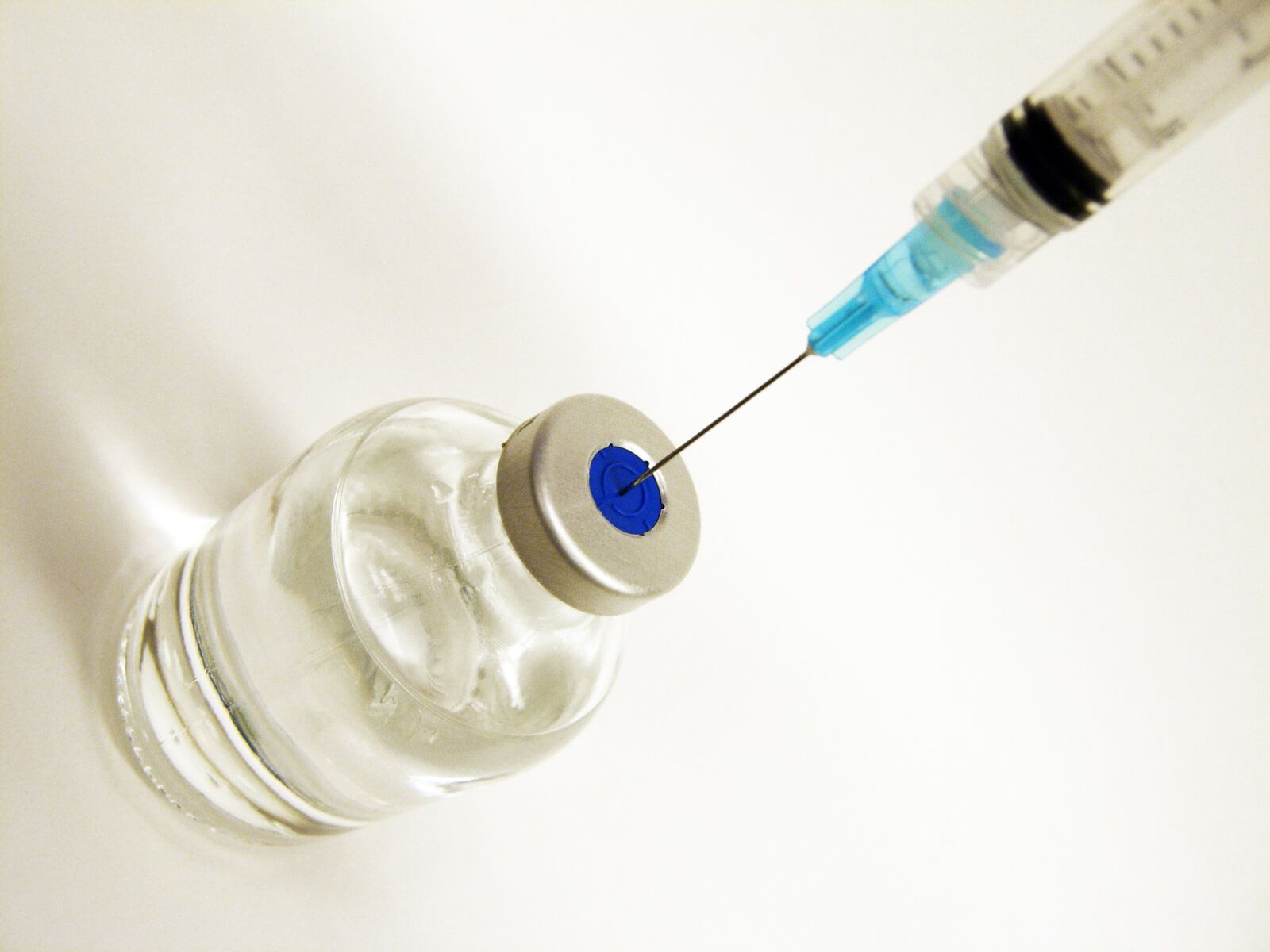
Pigeons are beautiful birds that bring great joy to their owners. Whether you keep fancy pigeons for exhibitions, racing pigeons for competitions, or simply enjoy their presence: healthy pigeons are the foundation of any success. Vaccination is an essential step to protect your pigeons from dangerous diseases.
Why vaccinate?
Pigeons can become infected with serious diseases such as paramyxovirus, pox, and paratyphoid. These diseases are not only contagious within your loft but can also devastate your entire flock and cause significant losses. By vaccinating your pigeons on time, you greatly reduce this risk.
Even if your pigeons don’t participate in competitions, vaccination remains important — health and resistance are essential, especially in areas where hygiene and veterinary care may be more limited.
When and how often?
- Young pigeons: start vaccinating as soon as the youngsters are 5 to 6 weeks old. Usually, they receive a combination vaccine against paramyxo-rota.
- Booster: repeat the vaccination after 3–4 weeks.
- Adult pigeons: repeat the vaccination at least once a year, preferably before the flying or exhibition season.
- Pox: this disease can also be prevented by vaccinating young pigeons around 5–6 weeks old, also with a booster a few weeks later.
- Paratyphoid (salmonella): this vaccine is usually given about 4 weeks before the season.
How is vaccination done?
There are two commonly used methods:
✅
Injection method: the vaccine is injected into the neck muscle or breast muscle.
✅
Feather follicle method: the vaccine is applied to a bare patch of skin under the feathers, usually on the neck or wing.
Ideally, have this done by an experienced veterinarian or pigeon keeper. This prevents mistakes and stress in the birds.
Tips for African pigeon keepers
- Always check the quality and expiration date of vaccines.
- Do not vaccinate during molting: their resistance is lower at that time.
- Avoid contact with other lofts in the 3 weeks after vaccination.
- Always vaccinate the entire loft at the same time, so all pigeons are protected.
And don’t forget…
A vaccine never provides 100% guarantee. Always keep a close eye on your pigeons and act quickly if you notice any signs of illness.
Conclusion
Vaccination is the foundation for healthy and strong pigeons. Follow the right schedule, plan carefully, and work hygienically. This way, your pigeons can continue to show off their beautiful flying skills, tumbles, and performances — to the delight of you and the visitors to your loft.
Do you have questions about vaccination or would you like to share your experiences? Feel free to contact AOBA through our website!

